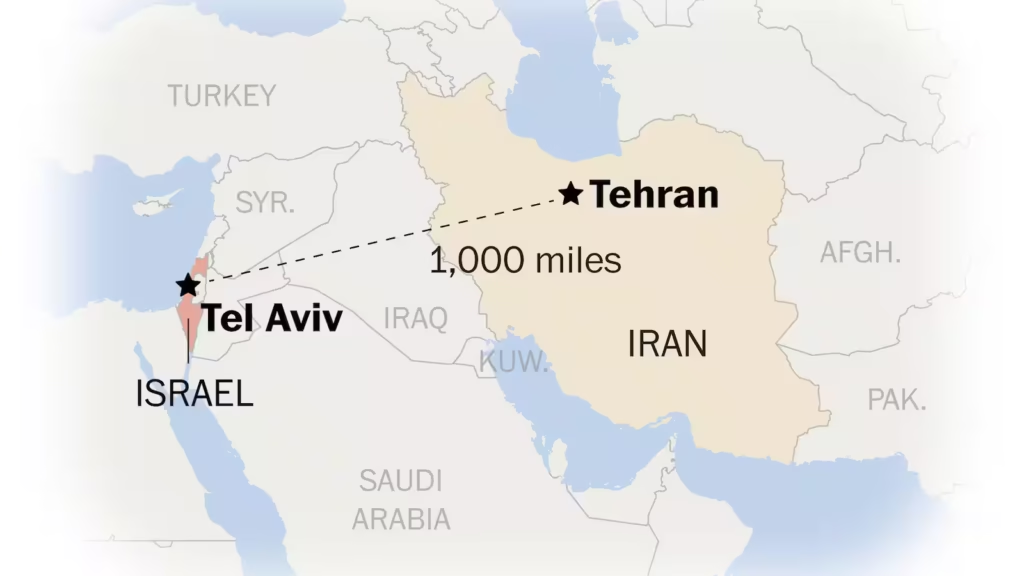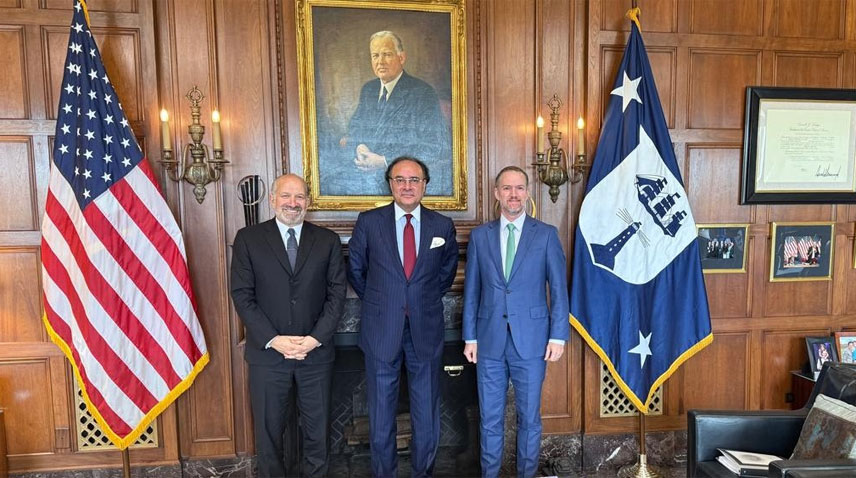A fresh wave of Iranian missile attacks has struck multiple locations across Israel, underscoring the fragility of a ceasefire announced just days prior. The barrage has reignited tensions, displaced civilians, and spurred global concern over escalating hostilities in the Middle East.
Unfolding Attacks and Civilian Impact
Iranian forces launched a coordinated missile assault targeting key urban and strategic sites, including the ministry complex in Tel Aviv, residential zones in Ramat Gan, and infrastructure in Haifa. Satellite imagery shows dozens of impact craters and blast damage across the Tel Aviv metropolitan area. In Tamra, northern Israel, a family’s home was hit, tragically claiming four lives.
These strikes have reignited sirens in major cities and forced civilians into shelters. Hospitals are overrun with injured residents, while urban transport and daily life experience significant disruptions. The attacks are a clear indicator of how vulnerable civilian areas remain, even under the supposed protection of a ceasefire.
Strategic and Military Implications
The missiles did not only hit residential zones; they also struck high-value targets. Haifa’s Bazan refinery, a crucial energy and petrochemical complex, was severely damaged, forcing a halt in operations. The Iranian missile campaign appears designed to degrade Israel’s energy infrastructure and demonstrate Tehran’s capability to escalate beyond military bases.
These aggressive strikes follow a surge in military action, including Israel’s recent bombing of Iran’s nuclear and missile facilities and a retaliatory strike on Evin prison in Tehran. Iran’s responses suggest a deliberate strategy to demonstrate resolve and project deterrence.
Ceasefire under Strain
Despite an announced ceasefire brokered through U.S. mediation, both Iran and Israel continue military operations. Iran denies violating the truce, but Israel insists fresh missile attacks justify renewed strikes. This back-and-forth undercuts the ceasefire’s credibility and raises doubts about long-term de-escalation.
Wider Regional Tensions
Energy markets have been affected, with global oil prices ticking upward amid fears of a prolonged conflict. Iran has threatened to close the Strait of Hormuz, an essential oil passageway, which would further disrupt global oil flows.
Neighboring countries—such as Qatar, Turkey, and Gulf Cooperation Council members—are pressing for renewed diplomatic talks, but the situation remains volatile. Regional powers are urging both sides to seek restraint, fearing wider conflict could engulf surrounding regions.
Diplomatic Outlook
International leaders are calling for calm. The United Nations and European Union continue pushing for a durable ceasefire. Beijing and Moscow have offered to mediate, emphasizing respect for international norms and humanitarian law.
However, military leaders in both Iran and Israel affirm readiness to continue if provoked. Their calculated messaging suggests both are preparing for prolonged confrontation, with each side stating they will strike again if attacks persist.
The Human Toll
Beyond military targets, the civilian cost is mounting. Families in cities like Ramat Gan and Tamra are dealing with loss, trauma, and damaged homes. Schools have been closed in several districts, and basic services remain disrupted. As casualties rise, humanitarian assistance and medical aid are under pressure.
Looking Ahead
Uncertainties loom about the next steps. Will diplomacy gain ground before escalation intensifies? Can both sides adhere to the ceasefire framework? Will regional or global powers intervene effectively to stabilize the situation?
In this volatile moment, the key question remains: can international channels and pressure contain the conflict, or will the violence spiral into a broader war that risks destabilizing the entire Middle East?
#IsraelIranConflict #MissileStrikes #CeasefireFragile #MiddleEastTensions #CiviliansAtRisk #StraitOfHormuzThreat #DiplomacyUnderPressure #GlobalOilPrices #HumanitarianCrisis #RegionalInstability

















